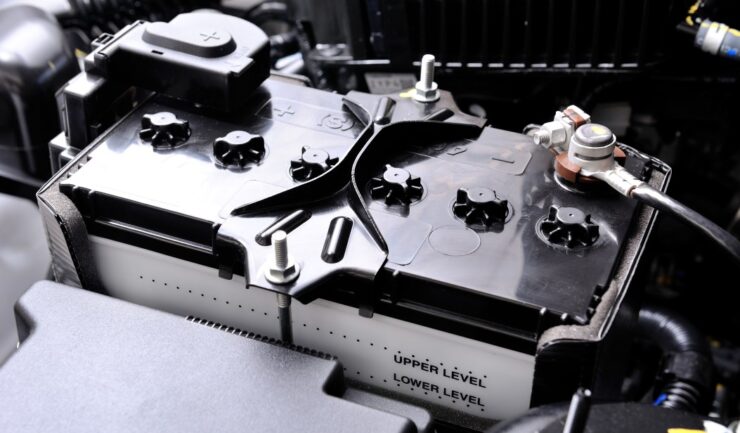Can you picture a long weekend getaway from the busy streets of the city? Picture a long and pleasant drive alone or with your loved ones in an RV or motor home that lets you enjoy every destination while you continue to be on-the-go. These are all possible as long as you have a reliable RV battery to support all your power needs. If you happen to be new to all this and you have not yet invested in one, you can then read and learn about the types of batteries available for your RV. Knowing about each one’s characteristics and specifications can help you narrow down your choice and come up with a decision on what type of battery to go for.
Page Contents
Different Kinds of RV Batteries
There are varied battery types for your RV and each one has its unique differences from one another. With this being said, you can say that you have to know the features of each one to determine whether it is a good fit or match for your RV battery needs.
1. Lithium-Ion Battery
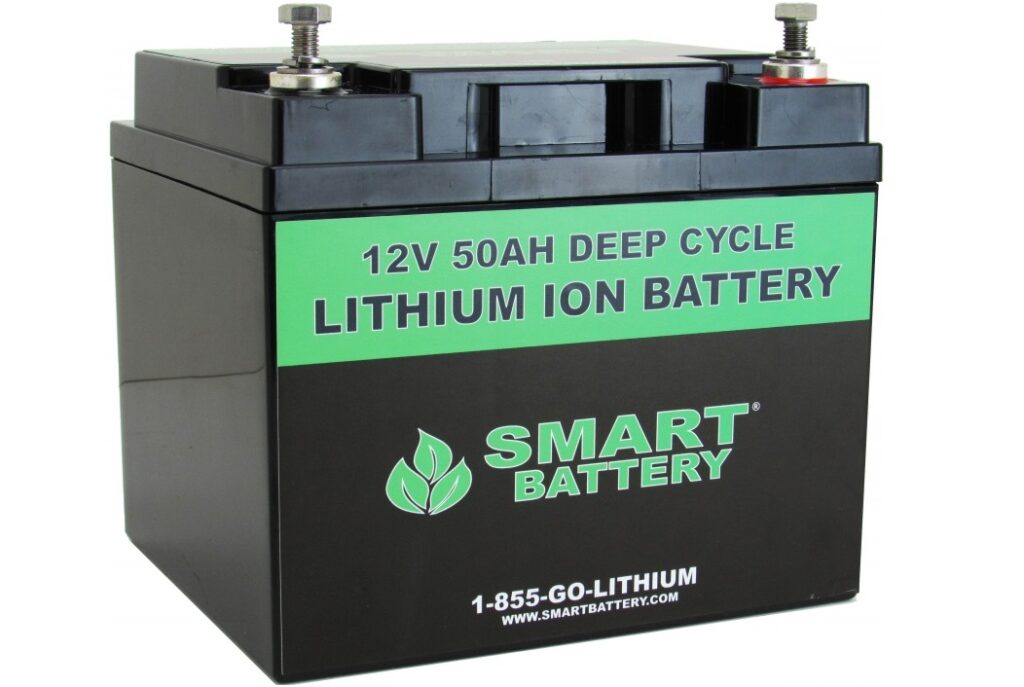
When we speak of lithium-ion batteries, we are talking about environmentally-friendly batteries that you can charge whenever you need it. This is a good choice for those who do not want to save over time as it amazingly provides powerful charges of energy to power up your appliances and fixtures. With this option, you do not have to worry about maintenance as this is a fairly durable and long-lasting kind of battery. All you have to do is keep and store it in a moderate temperature setting and practice good charging habits. The best part about this is that it is stable, lightweight, and has no off-gassing when in operation.
2. Sealed Batteries
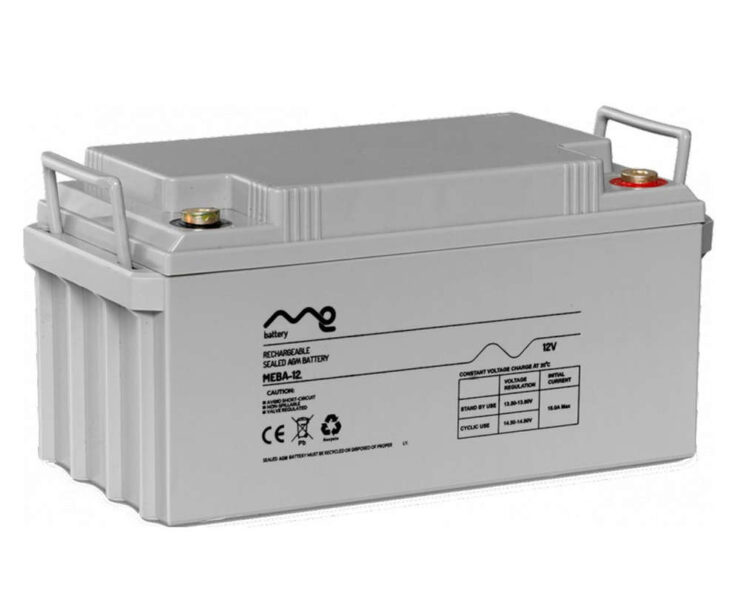
A bit similar to flooded style batteries but does not give the user access to its cell compartments. It still has an internal structure that is like that of a flooded battery, the only defining factor here is that it contains acid which keeps the batteries running. This comes in a sealed form so you can expect no spilling of electrolytes during operation. A good feature for sealed batteries is that they automatically release gas that is in excess and close up automatically in case the gas pressure exceeds the normal rate. This somehow allows a bit of gas to escape under certain instances, so even if it can be operated in enclosed areas, you should still try to maintain proper safety considerations when in use and especially when charging. If you are looking for reliable sealed batteries for your RV then you can check primereviews.org.
3. Flooded Batteries
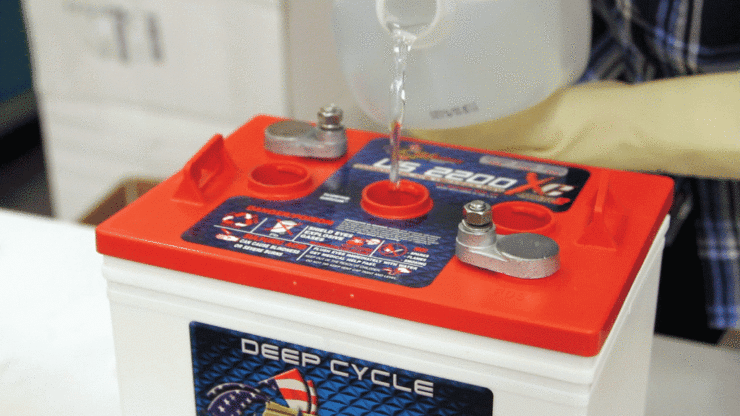
When we speak of flooded batteries, we are talking about one that has plates that are immersed in a liquid electrolyte. It has a liquid electrolyte that is freely moving within the cell compartment. For this type, you can easily add distilled water when the battery is about to dry out. That is why it is recommended to have this installed in an area where it is accessible to you. This is an economical choice for many and is a great investment because of its multiple uses. It can be used for golf carts batteries, ATV batteries, motorcycle batteries, and more. A precautionary measure for this type would be to have it vented outside while being sealed off at the interior part of the RV because it generates gases that are not good for your health while it operates.
4. VRLA Batteries
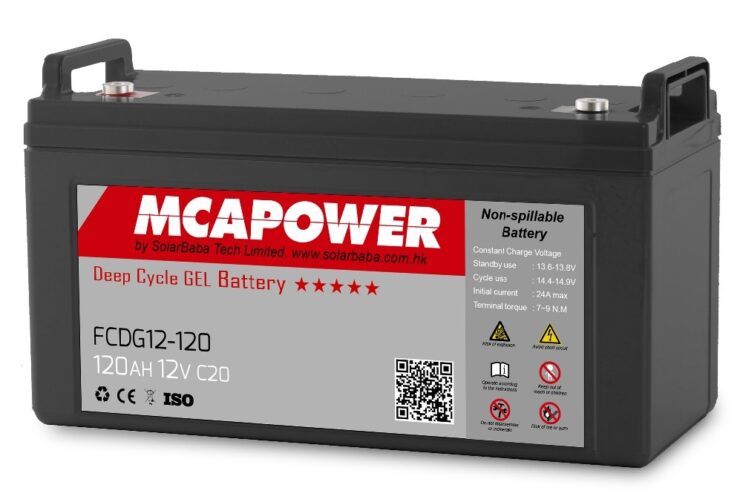
Also known as the Valve Regulated Lead Acid Battery, this is another type of sealed battery. This has a pressure relief valve that creates hydrogen gas pressure when recharging. It facilitates safe oxygen and hydrogen gas released during the process to add battery efficiency through its gas diffusers. The orientation of this battery can vary as it is not as easily spilled as other types. This is usually used for toy batteries, alarm batteries, and medical mobility scooter batteries.
5. AGM Batteries
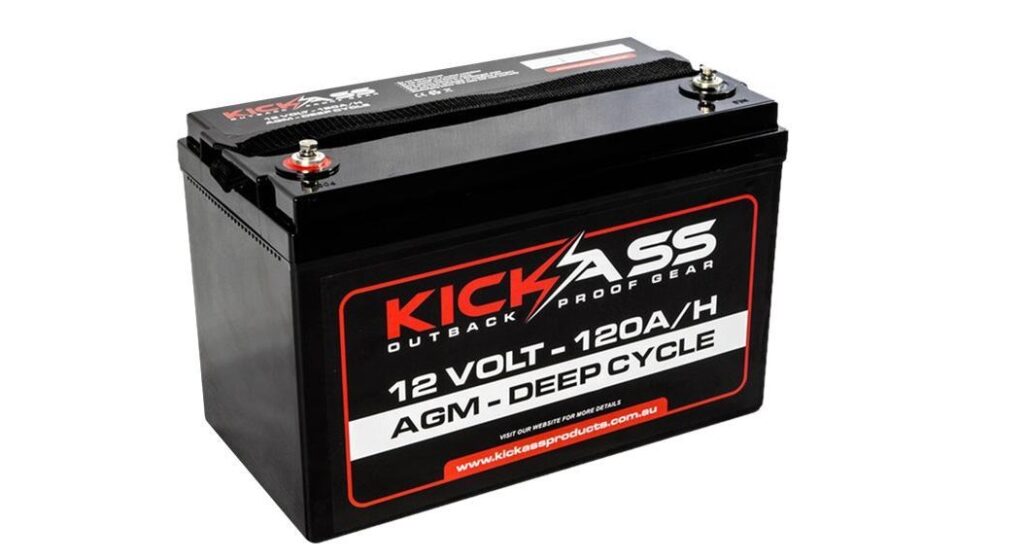
When we speak of Absorbent Glass Mat batteries, we are talking about a type of battery that uses a fiberglass mat to absorb sulfuric acid to make it spill-proof. This is ideal if you want to have a battery that can easily be transported without the risk of hazardous spills. It is capable of delivering high currents when needed and has very low internal resistance. If you want an option that is lightweight, this can be the best pick for you.
6. Gel Batteries
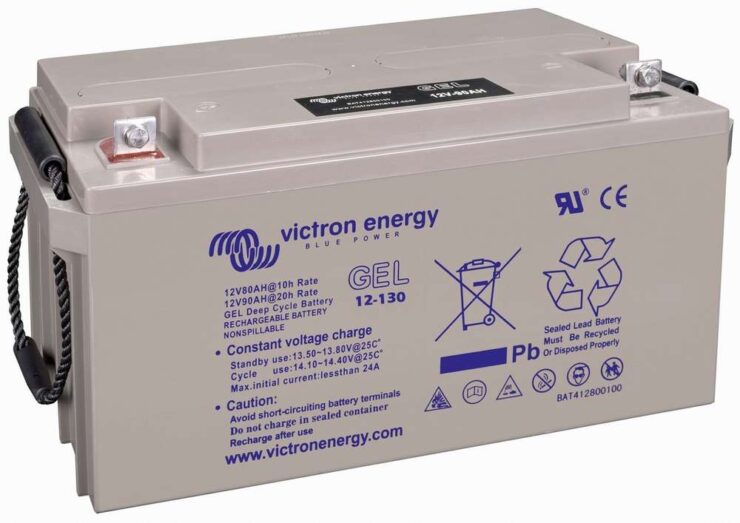
This is a bit similar to AGM batteries because of the suspended electrolytes. This makes it good for any type of orientation because it is not vulnerable to spills. Since this comes in a sealed form, you can easily place this in areas with less to no ventilation. The process does not give off any type of gas. For this type, a silica additive facilitates the hardening of the electrolytes. In terms of charging, these tend to have a slower rate if compared with AGM batteries. This is ideal for deep cycle applications and is able to work well in settings with hot weather. However, this type of battery tends to be sensitive in terms of charging. It is important that you do not over-charge the battery and use the appropriate or right charger for it. Failure to do these may lead to the battery’s failure to operate. This is commonly used in trolling motor batteries, medical mobility batteries, and in RV deep cycle batteries.
Conclusion
An RV or mobile home is definitely a beautiful place to be in, more so if you are planning on a road trip or a long vacation. A good RV will have all the features and amenities you need in a home. It should be able to power up your appliances and give you enough energy to do basic functions. The choice of which battery and the kind of features and specifications that come with it is crucial in getting you the kind of experience you want. Check out the different kinds of batteries mentioned above and choose one that can cater to all your needs and is safe for you to use.

